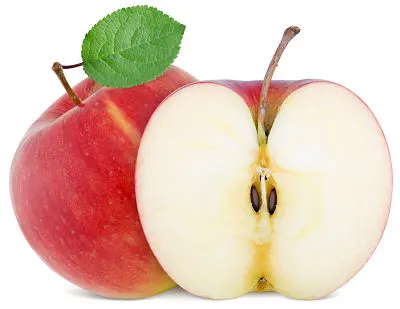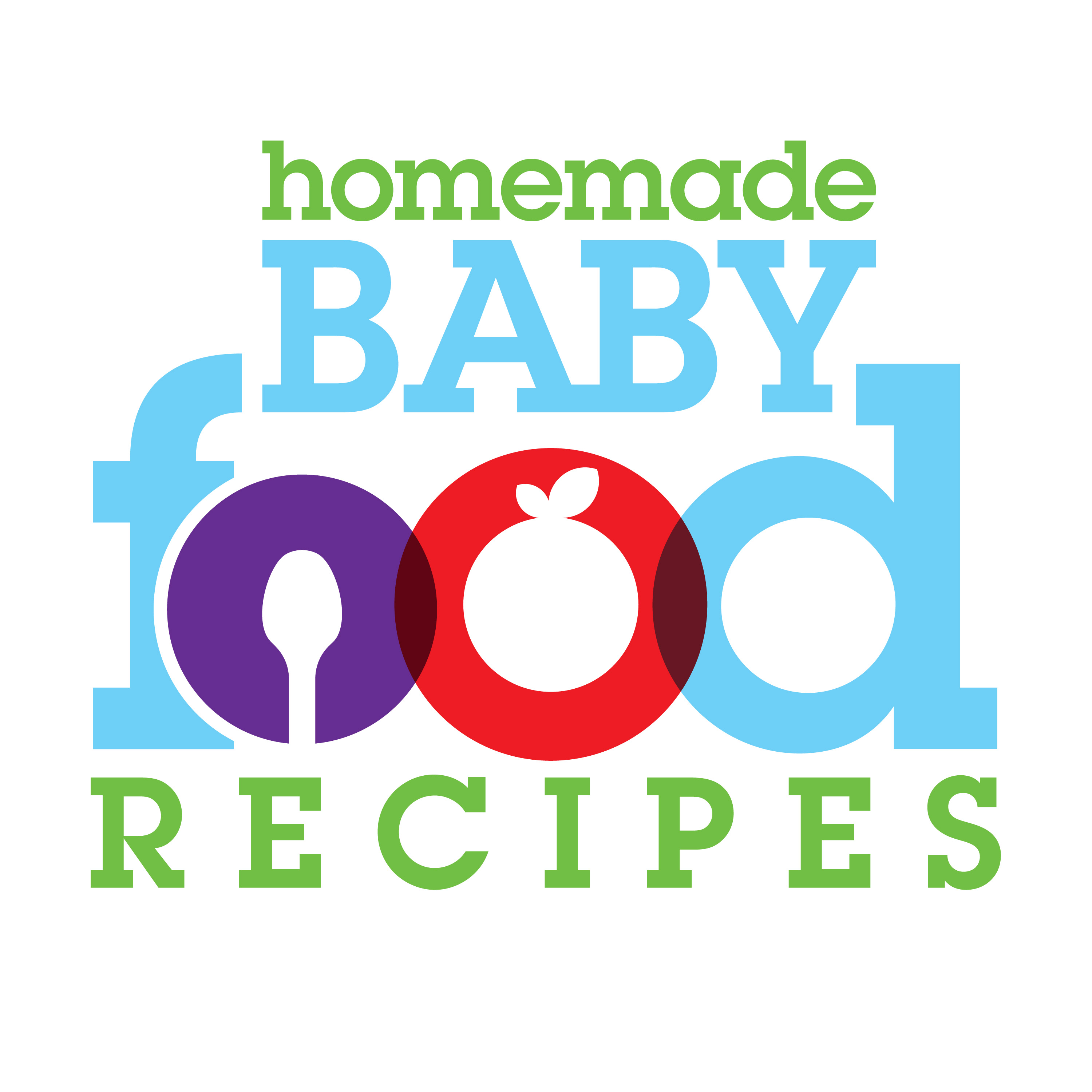Sharon from Leeds in the UK wrote to us yesterday because her 11 month old son swallowed a watermelon seed that she missed when preparing a piece of the fruit for him to gnaw on. She was concerned that the seed may be toxic or cause problems for her little one.
There are many stories about what can happen after swallowing the seeds from various fruits – but most of them are either untrue or inaccurate.
For one thing, seeds cannot possibly germinate in our stomachs (although we remember being very worried about that possibility as children!).
Secondly, watermelon seeds are not toxic.
In fact, they are popular snacks in some parts of the world, usually roasted and seasoned before eating.
So toxicity is not a problem – but are there any concerns about appendicitis?
Many of us are taught that swallowing fruit seeds can lead to appendicitis, but is this really true?
Well, it’s a possibility, but it is actually believed to be quite unusual for the consumption of a seed to cause appendicitis.
This article from the Asian Pacific Journal of Tropical Biomedicine discusses research carried out into the association between appendicitis and seeds.
Of the 1, 969 cases of acute appendicitis studied, in only one case (0.05%) was a fruit seed to blame.

Other potential problems seeds can cause are an intestinal blockage/obstruction (although this would usually take more than a single seed), or an injury like an intestinal tear or perforation. These – though unlikely – may be caused if the seed has sharp edges. The symptoms may include vomiting, nausea, fever and severe abdominal pain and would require immediate medical treatment (see Gastrointestinal Perforation).
Probably the biggest danger to babies from consuming seeds is the risk of choking or inhaling the seed.
This is why giving seeds to your baby – even sunflower seeds or others that are commonly consumed as a snack – is NOT recommended.
Most medical sources recommend waiting until your child is AT least 3 years of age before offering seeds (and do remember to check foods like whole grain breads, which will sometimes contain whole seeds).
To sum up, it’s not likely that Sharon’s son will suffer any adverse effects at all from his watermelon seed – but it’s useful to be aware of the potential dangers and – as always – to check with your doctor if you’re in any doubt.
Note: Although Sharon’s question pertained to watermelon seeds, it’s worth noting that the seeds from apples ARE toxic, particularly when chewed or if several are swallowed.
This is because they contain a cyanide compound.
Other seeds that contain this compound include cherry, apricot and peach pits – although, of course, apricot and peach pits tend to be too large to be swallowed accidentally.
Source: Agency for Toxic Substances and Disease Registry – Cyanide
Given the smaller size of our babies’ bodies, the symptoms may be more severe than those experienced by an adult and often include vomiting, dizziness and headache.
Learn more about including melon in your homemade baby food recipes
